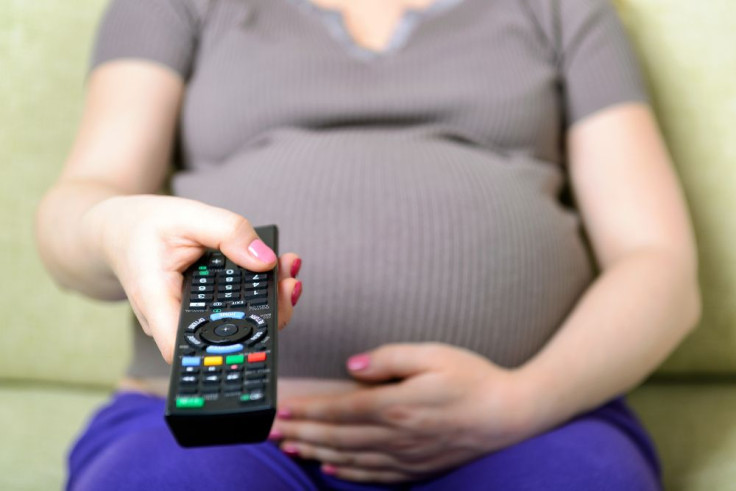Pregnancy Expectations May Stem From Pop Culture; Some Women See Reality Shows As Educational TV

Experts are consistently working toward understanding how elements of pop culture, from video games to cooking shows, influence public health. Now, researchers think they know more about what watching reality TV does to a woman's expectations of pregnancy, according to new research presented during the American Sociological Association’s 110th annual meeting.
“Although scholars increasingly recognize how popular culture affects lay understandings of health and medicine, few studies interrogate the role of television programming in the formation of patient expectations,” wrote study authors Dr. Danielle Bessett and Stef Murawsky, both sociology professors at the University of Cincinnati. Since pregnancy is “a social ritual,” in that it’s often portrayed throughout mainstream media, the authors wanted to dive deeper into the ways media can influence its audience. Specifically, they wanted to know more about what actual pregnant women thought of pregnancy and birth representations on TV.
Bessett and Murawsky analyzed data previously collected from 64 pregnant women living in the greater New York-Connecticut area. All of the women participating in these studies were enrolled in prenatal care at the time of their interview, in which they were asked about their interactions with their providers, their information sources, their expectations for pregnancy, their feelings about being pregnant, and their work and family situations.
While most women reported their doctor or midwife was their most-trusted source for information, there were some women who believed reality TV shows, like TLC’s A Baby Story and Maternity Ward, were a good source of pregnancy information. All women had, at some point, acknowledged fictional programs influenced their pregnancy expectations. This, researchers suggested, may be a result of class differences.
“Women with higher levels of educational attainment generally minimized the informational value of both reality and fictional television,” they explained. “They primarily described using reality programming to educate their existing children about pregnancy and as entertainment. Women who described reality programs as part of their comprehensive approach to information gathering tended to have lower levels of educational attainment.”
That’s not to say highly-educated women assume these kinds of shows are of no value. Some women saw reality TV as an opportunity to educate their children about pregnancy, birth, and welcoming new siblings. These programs were helped launch important, healthy conversations with their young children, which may be a win considering most parents still struggle with giving the sex talk.
A small study, yes, but Bessett and Murawsky believed they’ve made two important contributions to existing media studies: First, they have identified class differences in how women relate to reality TV. Second, they’ve shown that the “cultural mythologies of pregnancy are a powerful presence in women’s lives.”
“In different ways and to different degrees, these research participants were influenced by popular distillations of pregnancy in ways they did not necessarily recognize or care to admit,” the authors said. “Because their fluency with these mythologies takes place ‘behind their backs,’ as it were, the dividing line between the ’real’ and ‘imaginary’ experience of pregnancy becomes blurred as women confront issues emerging from their pregnancies.”
As a result, researchers would argue their approach offers a "nuanced understanding" of the ways in which popular media, especially TV, influence the expectations and meanings women attribute to their pregnancy and birth.
Source: Besset D and Murawsky S. As Seen on TV: Women's Views on Television Representations of Pregnancy and Birth. American Sociological Association's 110th Annual Meeting. 2015.



























